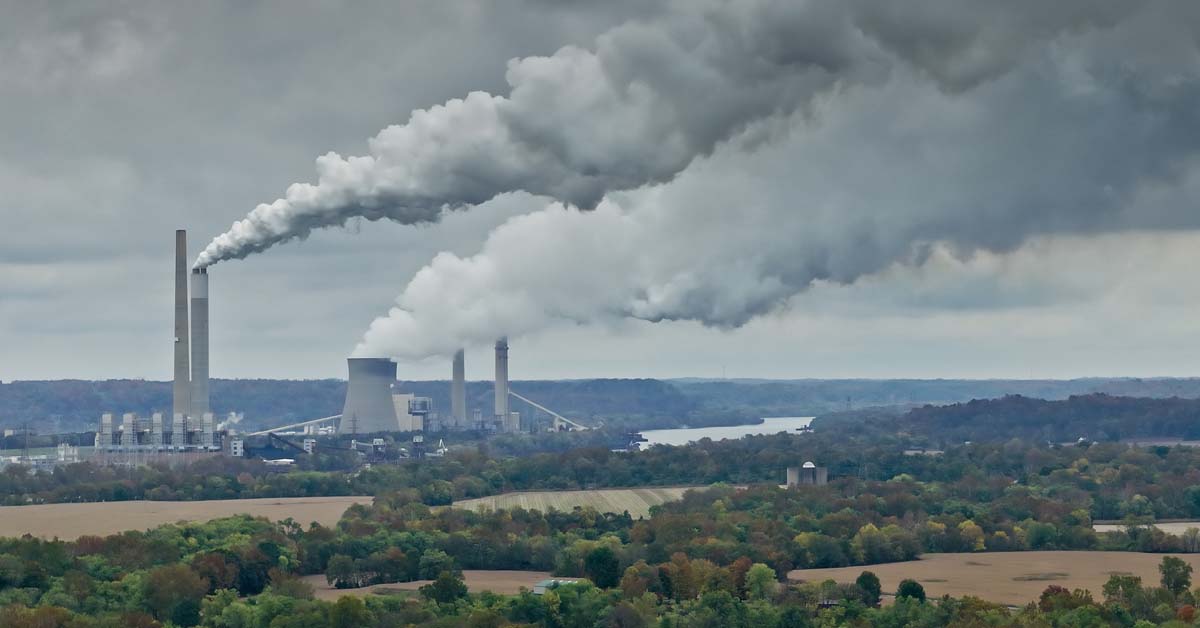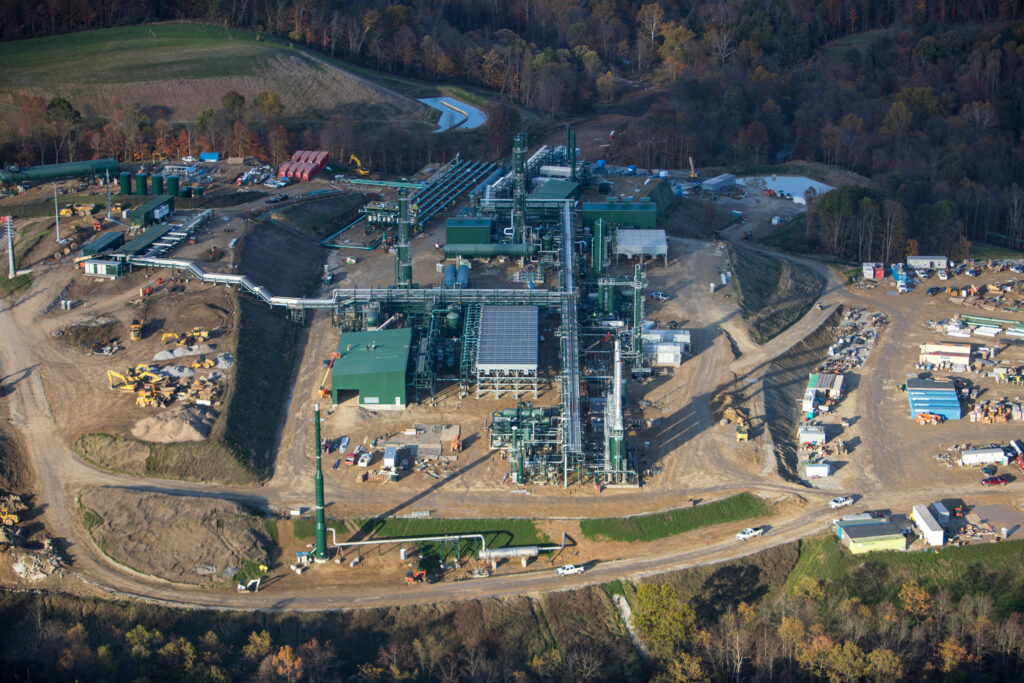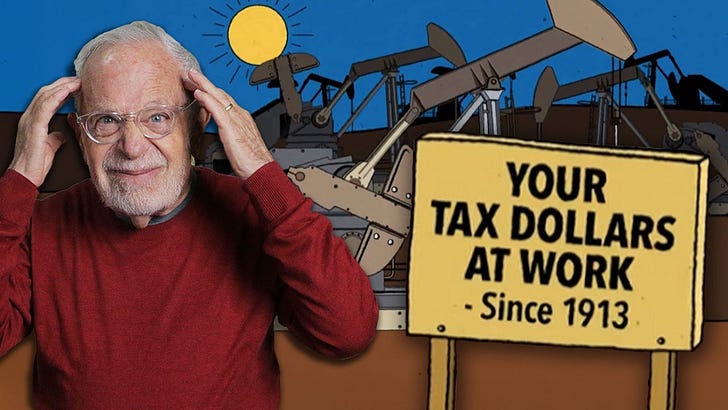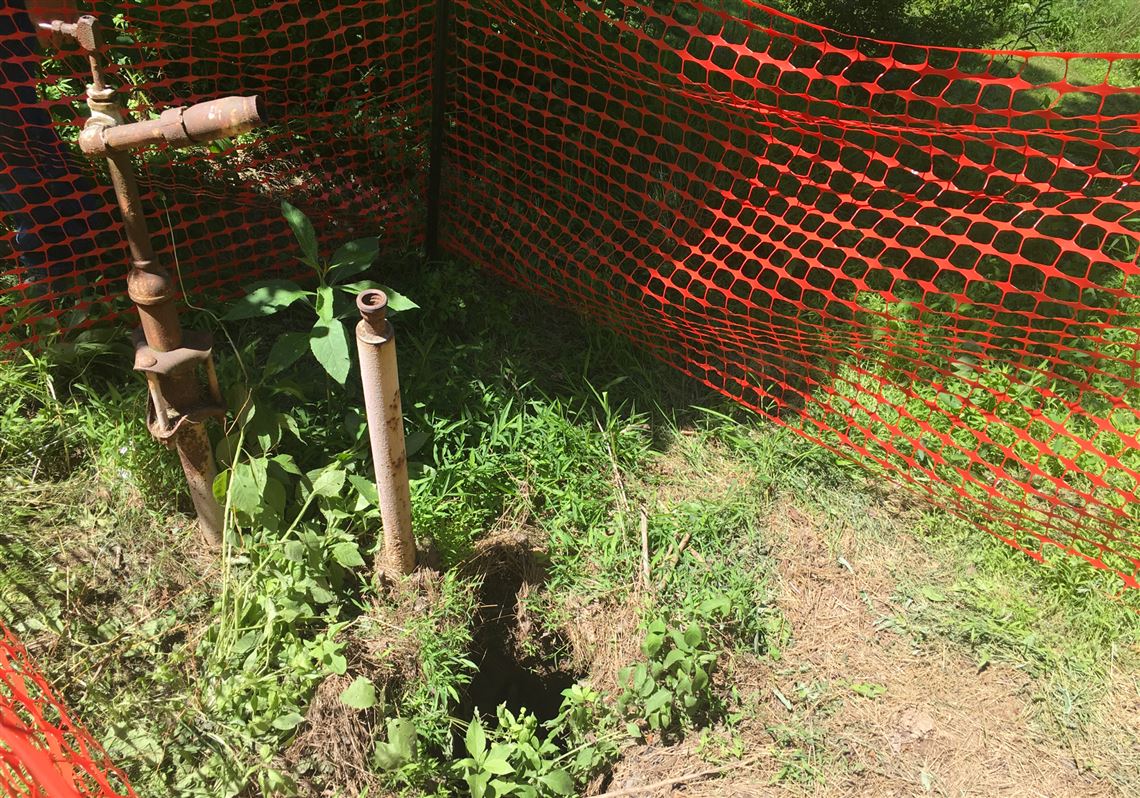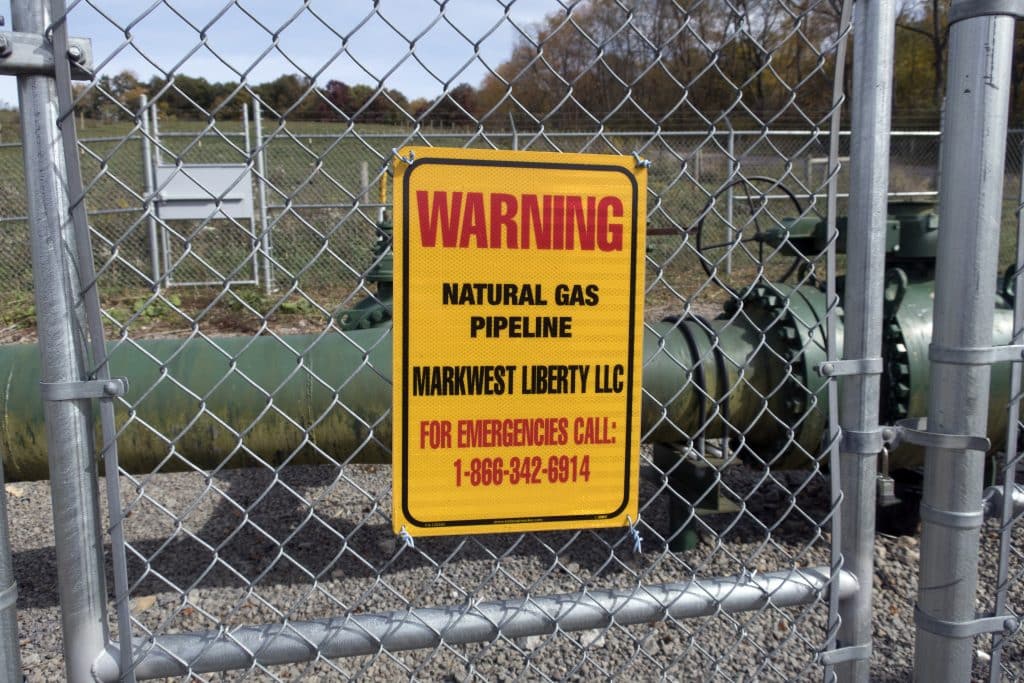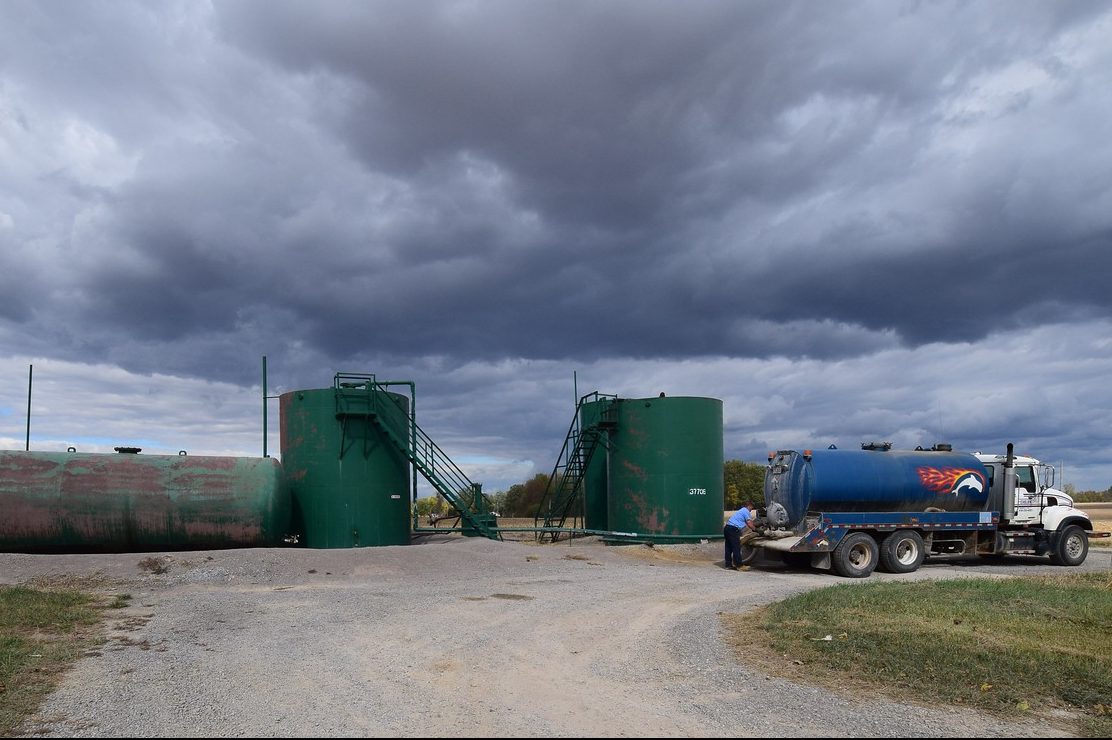“Despite record natural gas production in Pennsylvania, residents face soaring electricity rates as companies export the resource to higher-paying markets, leaving many unable to afford basic heating and cooling.” — Read the article below.
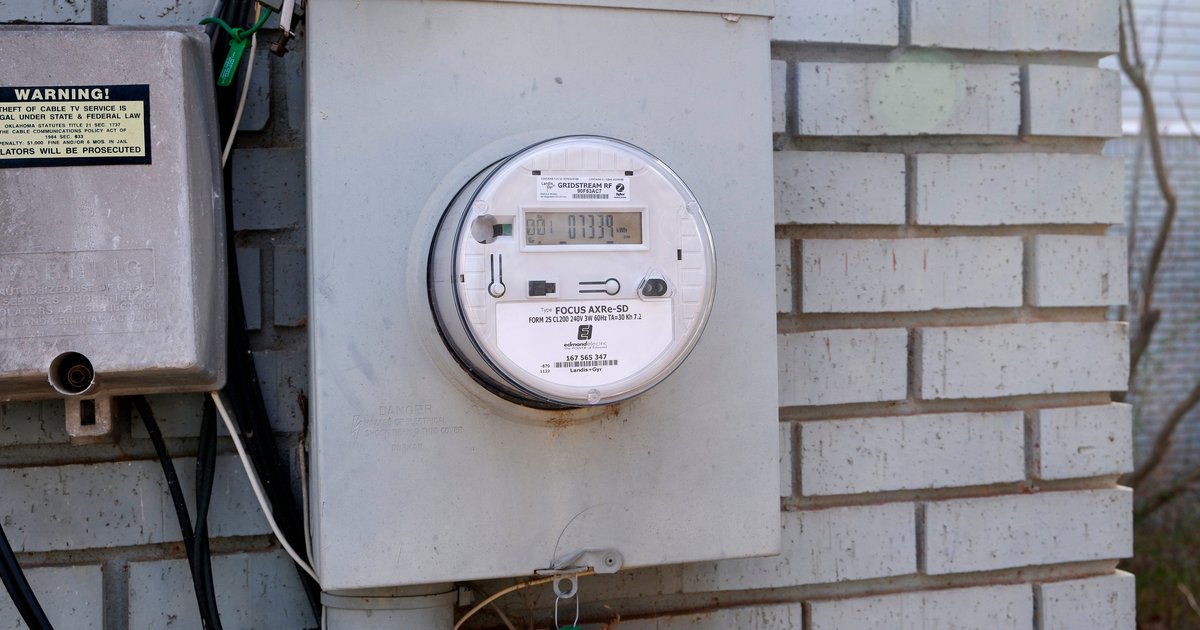
Fracking has no redeeming virtues, except perhaps for opportunistic investors who are unconcerned about the harm it causes.
KEEP IT IN THE GROUND.

